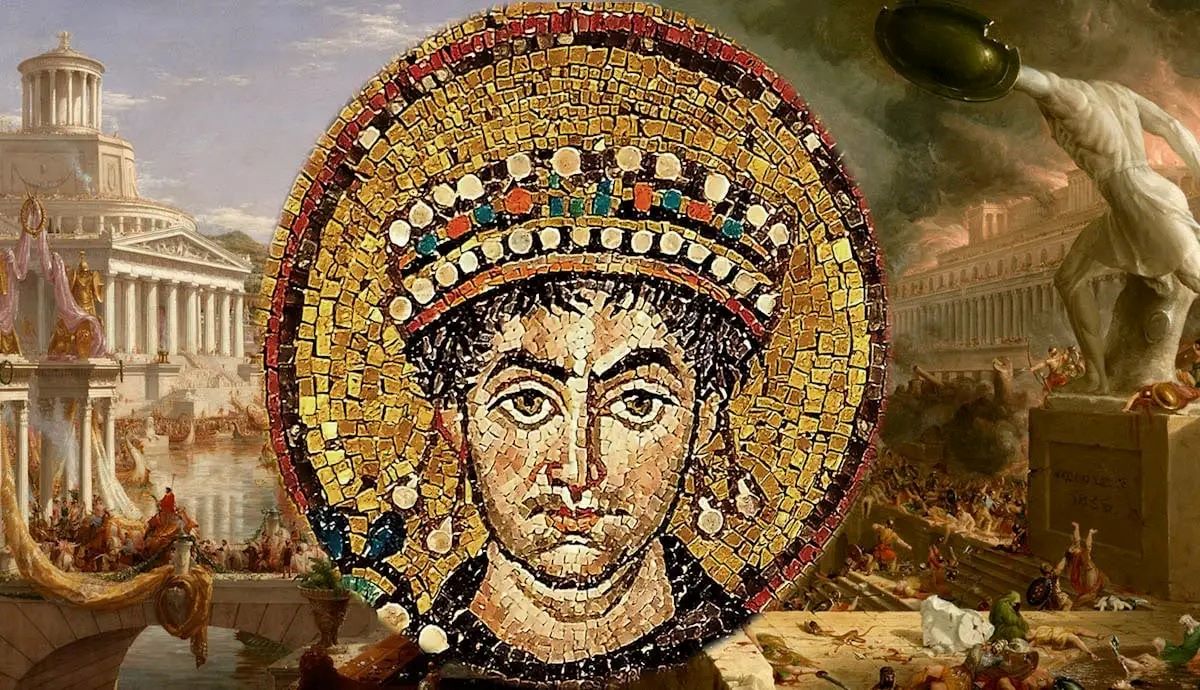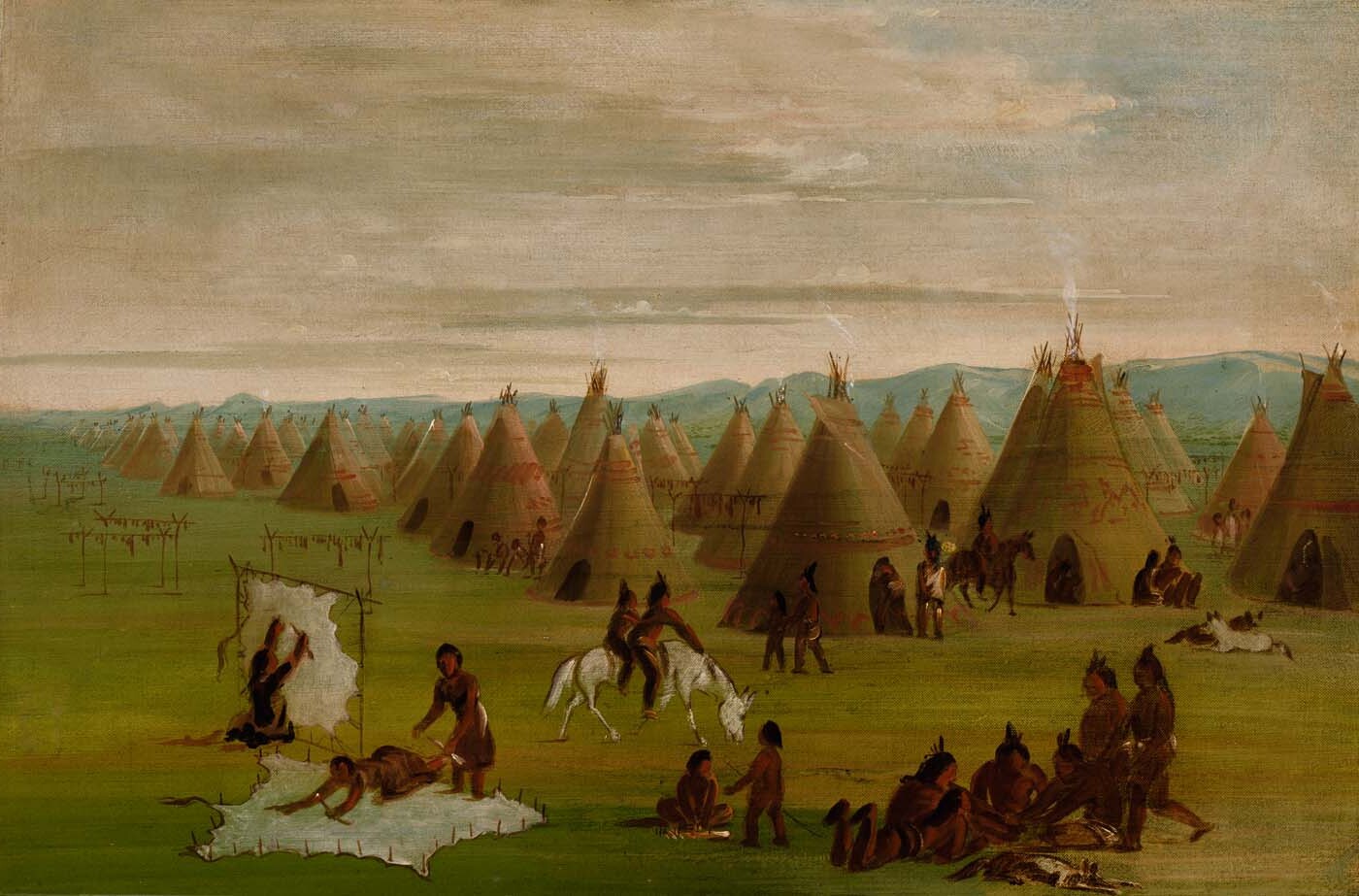
Justinian I, also known as Justinian the Great, ruled the Byzantine Empire from 527 to 565 AD. His reign marked a significant era in history, filled with monumental achievements and fascinating stories. Did you know Justinian was responsible for the construction of the Hagia Sophia, one of the most iconic structures in the world? His ambitious projects didn't stop there. He also reformed the legal system, creating the Corpus Juris Civilis, which influenced modern legal frameworks. Justinian's reign wasn't just about grand buildings and laws; it was also a time of military conquests and religious changes. Ready to dive into more intriguing facts about this legendary emperor? Let's get started!
Who Was Justinian I?
Justinian I, also known as Justinian the Great, was one of the most influential emperors of the Byzantine Empire. His reign from 527 to 565 AD marked a period of significant political, legal, and architectural achievements. Let's dive into some fascinating facts about this remarkable ruler.
-
Justinian's Full Name: His full name was Flavius Petrus Sabbatius Iustinianus. Quite a mouthful, right?
-
Humble Beginnings: Born in a small village called Tauresium, in what is now North Macedonia, Justinian came from a peasant family. His uncle, Emperor Justin I, brought him to Constantinople and paved the way for his rise to power.
Justinian's Legal Reforms
Justinian is perhaps best known for his comprehensive legal reforms, which had a lasting impact on the world.
-
Corpus Juris Civilis: Justinian commissioned the Corpus Juris Civilis, or "Body of Civil Law," which became the foundation for many modern legal systems. This massive work codified centuries of Roman law.
-
Legal Scholars: He employed some of the best legal minds of his time, including Tribonian, to compile and organize the laws. Their work ensured that Roman legal principles would endure for centuries.
Architectural Marvels
Justinian's reign saw the construction of some of the most iconic buildings in history.
-
Hagia Sophia: The Hagia Sophia, built under Justinian's orders, remains one of the most impressive architectural feats of the ancient world. Its massive dome and intricate mosaics continue to awe visitors.
-
Rebuilding Constantinople: After the Nika Riots, which destroyed much of the city, Justinian undertook a massive rebuilding project. This included new churches, public buildings, and fortifications.
Military Campaigns
Justinian was not just a builder and a lawmaker; he was also a military strategist.
-
Reconquest of the West: He aimed to reconquer the lost Western Roman Empire territories. His general, Belisarius, successfully reclaimed parts of North Africa, Italy, and Spain.
-
Battle of Dara: In 530 AD, the Battle of Dara saw the Byzantine forces, under Belisarius, achieve a significant victory against the Sassanian Empire. This battle showcased Justinian's military ambitions.
Religious Policies
Religion played a crucial role during Justinian's reign, influencing his policies and actions.
-
Christianity as State Religion: Justinian was a devout Christian and made significant efforts to promote Christianity as the state religion. He closed down pagan temples and enforced religious uniformity.
-
Theological Debates: His reign was marked by intense theological debates, particularly concerning the nature of Christ. Justinian sought to resolve these disputes through church councils and edicts.
Personal Life and Legacy
Justinian's personal life and legacy offer a glimpse into the man behind the emperor.
-
Marriage to Theodora: His wife, Theodora, was a former actress who became one of his closest advisors. Their partnership was both romantic and political, with Theodora playing a crucial role in state affairs.
-
Plague of Justinian: During his reign, the empire was struck by a devastating plague, now known as the Plague of Justinian. This pandemic significantly impacted the population and economy.
Cultural Contributions
Justinian's influence extended beyond politics and law into culture and education.
-
Education and Arts: He promoted education and the arts, establishing schools and supporting scholars. His reign saw a flourishing of Byzantine culture.
-
Mosaic Art: The mosaics created during his reign, particularly in the Hagia Sophia and the Church of San Vitale in Ravenna, are considered masterpieces of Byzantine art.
Economic Policies
Justinian's economic policies aimed to strengthen the empire's financial stability.
-
Tax Reforms: He implemented tax reforms to increase state revenue. While these measures were sometimes unpopular, they helped fund his ambitious projects.
-
Silk Production: Justinian sought to break the Chinese monopoly on silk production. He smuggled silkworms into the empire, establishing a local silk industry that boosted the economy.
Death and Succession
Justinian's death marked the end of an era, but his legacy lived on.
- Death in 565 AD: Justinian died on November 14, 565 AD, after a long and eventful reign. He was succeeded by his nephew, Justin II, who inherited a vast and complex empire.
Final Glimpse at Justinian's Legacy
Justinian's reign left a lasting mark on history. His Justinian Code reshaped legal systems, influencing many modern laws. The Hagia Sophia stands as a testament to his architectural vision, blending beauty and innovation. His efforts to reclaim lost territories showcased his ambition and military prowess. Despite facing numerous challenges, including the Nika Riots and the Plague of Justinian, he remained steadfast in his goals. His wife, Empress Theodora, played a crucial role, offering counsel and support. Together, they navigated the complexities of ruling an empire. Justinian's legacy is a blend of legal reform, architectural marvels, and military campaigns. His impact is still felt today, reminding us of the power of vision and determination. Whether you're a history buff or just curious, Justinian's story offers valuable insights into the past and its influence on our present.
Was this page helpful?
Our commitment to delivering trustworthy and engaging content is at the heart of what we do. Each fact on our site is contributed by real users like you, bringing a wealth of diverse insights and information. To ensure the highest standards of accuracy and reliability, our dedicated editors meticulously review each submission. This process guarantees that the facts we share are not only fascinating but also credible. Trust in our commitment to quality and authenticity as you explore and learn with us.


